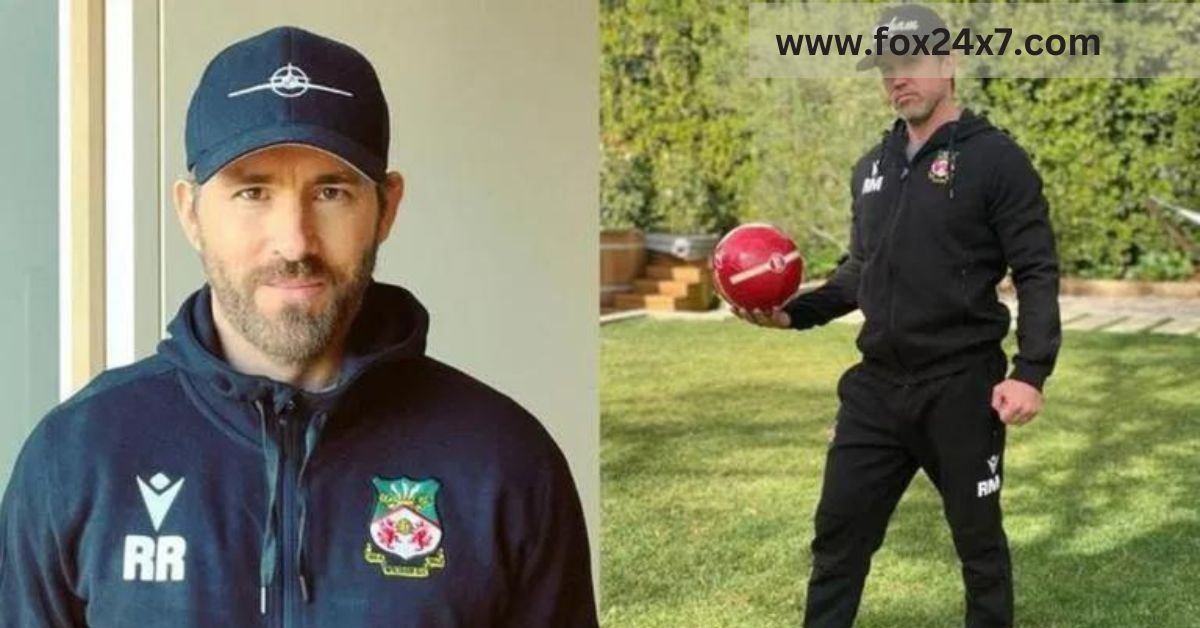Darrell Brooks ‘Accused of killing 6 people’: Wisconsin Despite a jail search and investigative interviews that cast doubt on the prosecution’s case against him,Darrell Brooks. will stand trial in October for the Waukesha Christmas Parade attack in 2021.
Although the substance of the evidence gathered during that jail search was ambiguous, Waukesha County Circuit Judge Jennifer Dorow ruled that it was insufficient to outweigh the body of evidence connected to the slightly trimmed list of 77 charges he faces, including six counts of intentional homicide.
Follow fox24x7 to get daily updates.
Judge Refuses To Dismiss The Lawsuit

The heavier move, which might have made the court throw out the criminal case entirely, proved difficult. Dorow stated that the defense team had not yet presented any private information, under seal, that would have allowed her to take into account how secret the evidence might be. This was as of Thursday morning. (That was submitted ahead of Friday’s prolonged hearing.)
Second, Dorow questioned whether the evidence was irrelevant given that the four physicians’ reports were now in the court’s possession given that the jail cell search was connected to Darrell Brooks’ choice to change his plea from guilty to not guilty by reason of mental defect The contents of the doctor’s reports, which are also private, were not made public during the proceedings.
Dorow, however, made a suggestion that the reports did not back Brooks’s plea when she questioned aloud whether he intended to continue with his insanity argument. Defense attorney Jeremy Perri informed Dorow that they were “not ready to answer that at this time.”
The prosecution maintained that the search met the requirements for a warrant and that case law supported its claim that detectives had the right to examine Brooks’ cell. The defense objected and cited prior legal precedents that restricted access to jail cells to specific situations, particularly jail security.
Dorow, however, highlighted a case from the U.S. Supreme Court in which the justices concluded that “society is not prepared to accept” the right to privacy in a detention cell, particularly in cases when police requested a warrant to conduct a search.
She continued by stating that case law also shows that the search did not even require a warrant, thereby answering another objection put up by the defense side.
On Friday, Perri and Dorow disagreed over whether or not a specific document could be considered “privileged,” which may have allowed for more testimony from the two detectives who searched the detention cell.
Dorow, however, vehemently claimed that any discussion of the insanity plea’s phases was too regular and elementary to qualify as protected attorney-client information.
Darrell Brooks Escorted Out Of Court
“That is not exclusive in any way. That’s just common sense, “She remarked. Sue Opper, the district attorney for Waukesha, was particularly incensed by what she referred to as nebulous allegations made by the defense team regarding the delicate materials in an effort to scuttle the case.
I haven’t even heard the defense make an offer of proof, she replied. Simply said, “It’s a fishing expedition.” Dorow said that her analysis of three documents did not reveal any material that would be considered attorney-client private. Dorow rejected the request to completely dismiss the case, stating that Brooks’ sixth amendment rights had not been infringed.
Defense Makes An Effort To Silence Witnesses
The only testimony given concerned the attempt to suppress records of Brooks’ initial police interviews on November 22. The attorneys questioned police officers on the first of two days of hearings on the matter to bolster their claims regarding each of those requests.
The focus of the witness interrogation, cross-examination, and redirect questioning was on a number of issues, including how at ease Brooks felt speaking with the detectives, the shoulder pain he was experiencing as a result of being wrestled to the ground by the police during his arrest, and his statements that he wanted to know the precise reason he was being held.
However, the main goal of the interrogation was to learn what Brooks said during those conversations and whether the comments were made before or after he informed police that he no longer wished to speak with them.
When the state called Waukesha Police Detective Jay Carpenter and Officer Benjamin Stern as witnesses, they testified that they were with Brooks for roughly three hours at ProHealth Waukesha Memorial Hospital, where Brooks was taken after his arrest on Nov 21 for shoulder treatment and a blood draw.
Early on in the process, Carpenter claimed that he read Brooks his rights after obtaining personal information from him.
The following day, Brooks was questioned by both investigators at the Muskego Police Department, where he had been taken the day before to spend the night in a holding cell. (The remodeling project at the Waukesha Police Station, where detainees are often detained for a short period of time in local occurrences, caused the shift to Muskego.)
They spoke with him for about five hours in Muskego. Carpenter claimed that 16 minutes into the interview, Brooks was once more read his rights. The interview covered his claimed involvement in a domestic battery incident before the march in addition to the parade event.
Two Charges For Six Accusations?
But one move that got rid of six charges against Brooks gave him a better result. Given that Brooks had already been charged with six counts of first-degree intentional murder in relation to those deaths, the defense team contended that counts 78 to 83—homicide by motor vehicle while under the influence of a controlled substance—were multiplicitous. According to Perri, this kind of repetition is prohibited by case law.
However, according to recent cases reviewed by Assistant District Attorney Zachary A. Wittchow, the charges stand alone and may be evaluated by the jury as such.
Read Also:








![Buying the Dip: The Meaning And Its Importance [Markets Strategy] Buying the Dip](https://fox24x7.com/wp-content/uploads/2021/11/Buying-the-Dip--180x135.jpg)

























